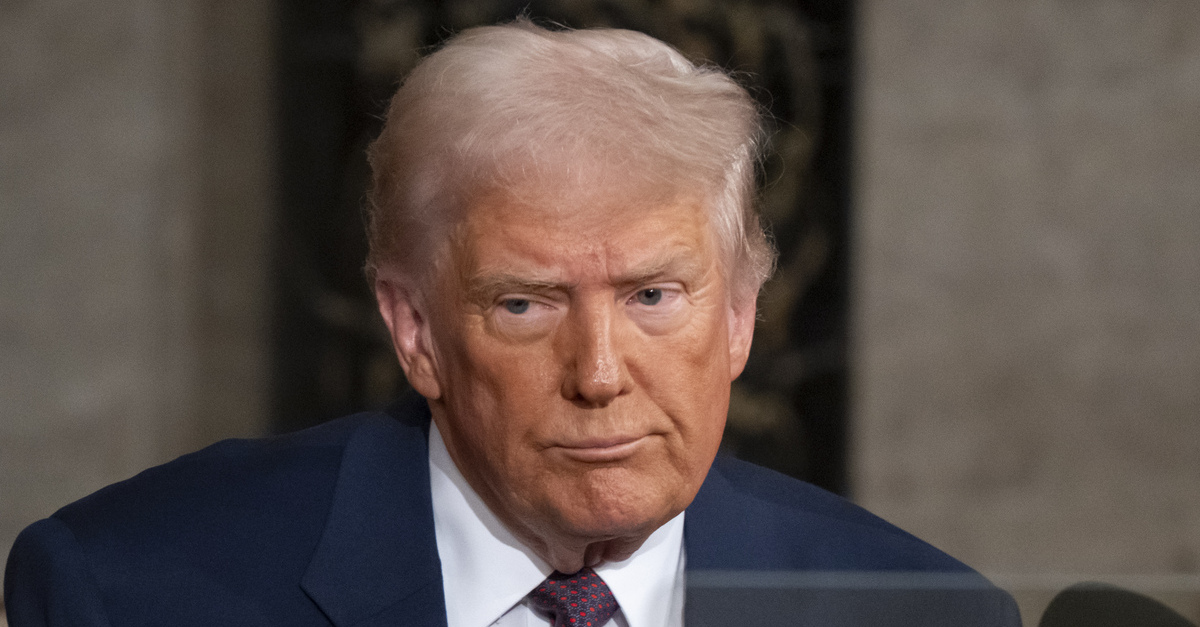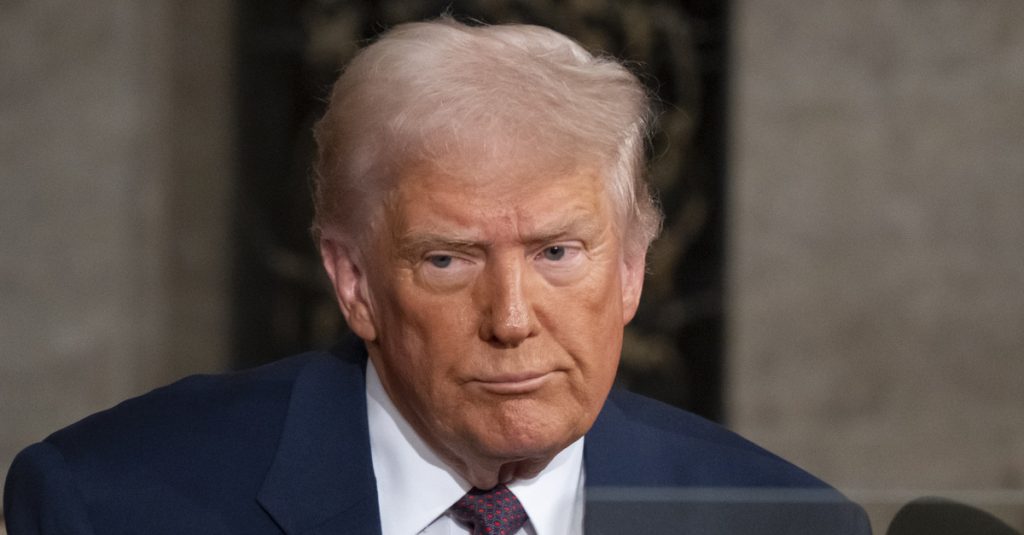In a major legal defeat for the Trump administration, a federal appeals court has blocked the government’s effort to deport suspected Venezuelan gang members without due process. The ruling is a powerful statement from the judiciary, reinforcing that immigration policies—no matter how strict—must still respect constitutional rights.
Why This Case Matters
The Trump administration attempted to fast-track deportations by using an obscure law from 1798 called the Alien Enemies Act. This law, originally designed for wartime, allows the President to remove people from countries that pose a threat to the United States. But here’s the issue—America isn’t at war with Venezuela. The government tried to argue that mass migration from the country, including individuals allegedly involved in gangs, qualified as an “invasion.”
That argument didn’t sit well with the U.S. Court of Appeals for the D.C. Circuit. In a 2-1 decision, the judges ruled that the law simply didn’t apply. Their decision effectively shuts down this particular effort to deport people without giving them a fair hearing.

What the Judges Said
Each judge on the panel had strong opinions on the case:
-
Judge Karen Henderson stated that for the Alien Enemies Act to apply, the U.S. would need to be in an actual war or under a real invasion—not just dealing with immigration issues.
-
Judge Patricia Millett called the government’s argument “a dangerous overreach,” warning that allowing such broad executive power could set a dangerous precedent.
-
Judge Justin Walker, the lone dissenter, didn’t necessarily disagree with the ruling but argued that the case should have been handled in Texas courts instead.
What Happens Now?
This decision is a major roadblock for Trump’s immigration crackdown. It reinforces the idea that due process—having a fair hearing before being deported—is a fundamental right, even for non-citizens. However, the administration isn’t backing down.
Homeland Security Secretary Kristi Noem recently visited a high-security prison in El Salvador, negotiating deals to deport suspected gang members there. She has made it clear that the government will appeal this ruling, likely taking the fight to the Supreme Court.
How People Are Reacting
Immigrant rights groups and legal experts are calling this a big win. They argue that using an ancient wartime law to justify deportations is not just legally shaky but also morally questionable. “This is about more than just immigration—it’s about upholding the Constitution,” said one advocate.
On the other side, Trump’s supporters are frustrated, believing this ruling ties the government’s hands in dealing with dangerous criminals. Some argue that extreme measures are necessary to protect public safety.
Looking Ahead
The administration’s more comprehensive immigration policy remain intact notwithstanding this decision. However, it does convey a clear message: the government cannot circumvent fundamental legal rights, even in the case of deportation. This fight is far from finished, and an appeal is expected, and it may establish a precedent for U.S. immigration policy going forward.

